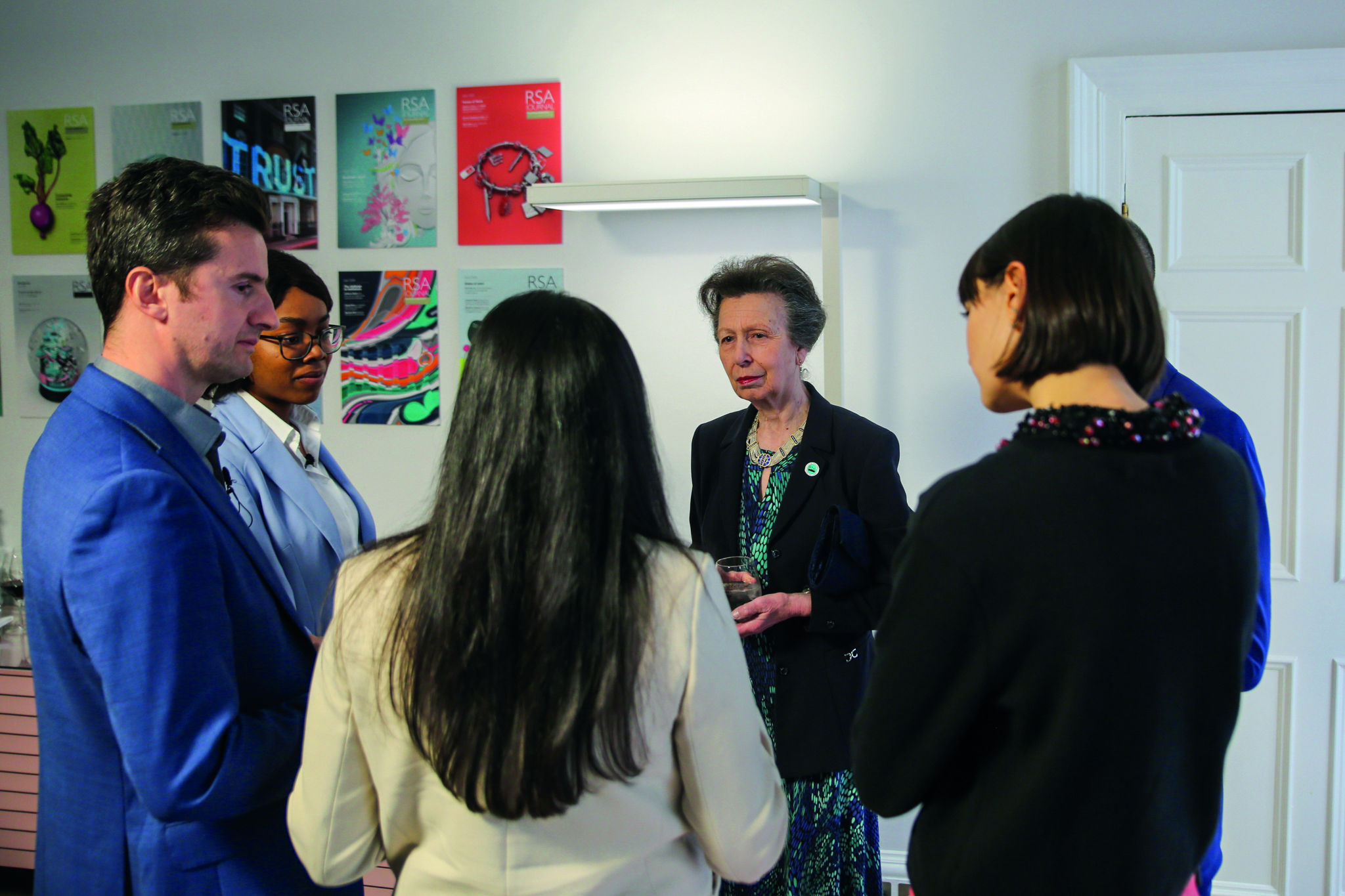Artificial intelligence is a catalyst, propelling us to a more sustainable future. There are hurdles to overcome – in terms of data deficiency and potential job losses – but the benefits far outweigh the challenges, argues Jayendran Gopalsami.
As we confront the intricate environmental dilemmas of our time, there is a growing need for innovative strategies and cutting-edge tools to safeguard our planet’s resources. At the helm of these tools is artificial Intelligence (AI).
With its potential to reshape sectors, from energy efficiency to resource management, AI is emerging as a torchbearer in the journey towards sustainable development. However, its transformative power also brings unique challenges that demand attention.
Harnessing AI for environmental insight
AI's capabilities are increasingly leveraged to enrich our understanding of the environment. By analysing vast amounts of data, AI can help unearth patterns and trends that might be otherwise overlooked. These patterns offer valuable insights into environmental dynamics and guide the formulation of effective management strategies.
For instance, Microsoft's AI for Earth initiative provides cloud computing resources and AI tools to organisations working on environmental projects. This initiative aids the development of solutions for biodiversity, climate change, agriculture and water challenges.
A PwC study underlines the economic influence of AI, suggesting that it could contribute up to $5.2trn to the global economy by 2030. Environmental applications, including monitoring and predictive analysis, are poised to be a substantial contributor to this growth.
Disaster management through AI
Beyond augmenting environmental understanding, AI is revolutionising the way we anticipate and tackle environmental disasters. It monitors critical environmental parameters, predicts changes in these metrics, and enables swift, effective responses to environmental crises.
An example of this is Google's Flood Forecasting Initiative, which uses AI to predict flood occurrences, their timing, and their intensity. It provides early warnings to potentially affected areas, thereby saving lives and limiting property damage.
Energy conservation
AI has proven itself a stalwart ally in promoting energy conservation. It not only identifies energy-saving opportunities but also formulates strategies for reducing energy usage. Moreover, AI leads the charge in evolving more efficient transportation systems, a significant contributor to global carbon emissions.
DeepMind, a subsidiary of Alphabet, used machine learning to reduce the energy used for cooling Google's data centres by 40%. In the transportation sector, AI-driven route optimisation tools like Routific help logistics companies reduce fuel consumption and carbon emissions.
Research from McKinsey & Company suggests that AI could help curtail energy consumption in the logistics and transportation sectors by a remarkable 15% to 20%, highlighting the transformative potential of AI in these sectors.
AI’s sustainability challenges
Despite its myriad benefits, incorporating AI into sustainability efforts brings challenges. A primary concern is data deficiency. AI requires comprehensive and accurate data to function effectively and environmental datasets are often either incomplete or outdated.
Moreover, the socio-economic implications of AI implementation, particularly job losses due to automation, need careful consideration. A report from the World Economic Forum anticipates that while AI will create 12 million more jobs than it destroys by 2025, the transition could spark significant socio-economic upheaval.
Nevertheless , AI stands as a formidable catalyst propelling us towards a sustainable future. Its power to revolutionise our comprehension of the environment, optimise energy use and fortify disaster management is undeniable. Although the path to AI-powered sustainability presents hurdles such as data deficiencies and potential socio-economic disruption, the profound benefits AI offers far outweigh these challenges.
As we venture into the future, the prudent, responsible use of AI, along with the continual refinement of the data it relies upon, will be pivotal. Armed with this balanced approach, we stand on the threshold of a new era where AI is primed to become the cornerstone of sustainable development.
Jayendran Gopalsami is a product leader with a focus on solving some of the supply chain’s challenging business and consumer problems in the retail and consumer goods industries through software application, business intelligence and analytics tools.
Related technology Comment articles
-
Why aren't consumer durables durable?
Comment
Moray MacPhail
A tale of two toasters demonstrates the trade-offs that need to be considered when we're thinking about the long-term costs of how and what we consume.
-
Bish Bash Bosh
Comment
Sir Peter Bazalgette
The UK’s creative sector is booming with ideas and opportunity – so why aren’t more of us paying attention?
-
Faking it
Comment
Nina Schick
Navigating the new era of generative AI may be the most critical challenge to democracy yet



